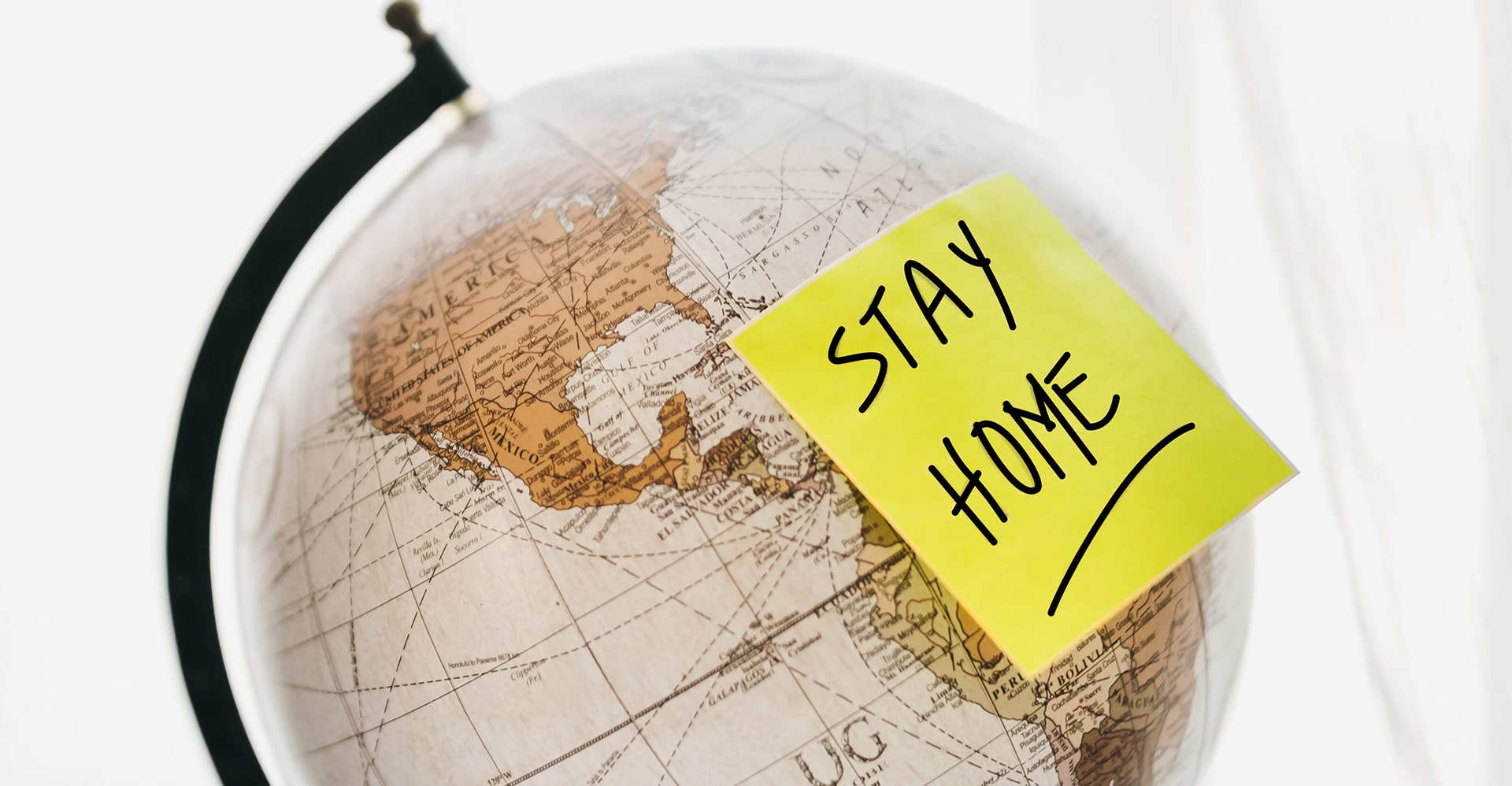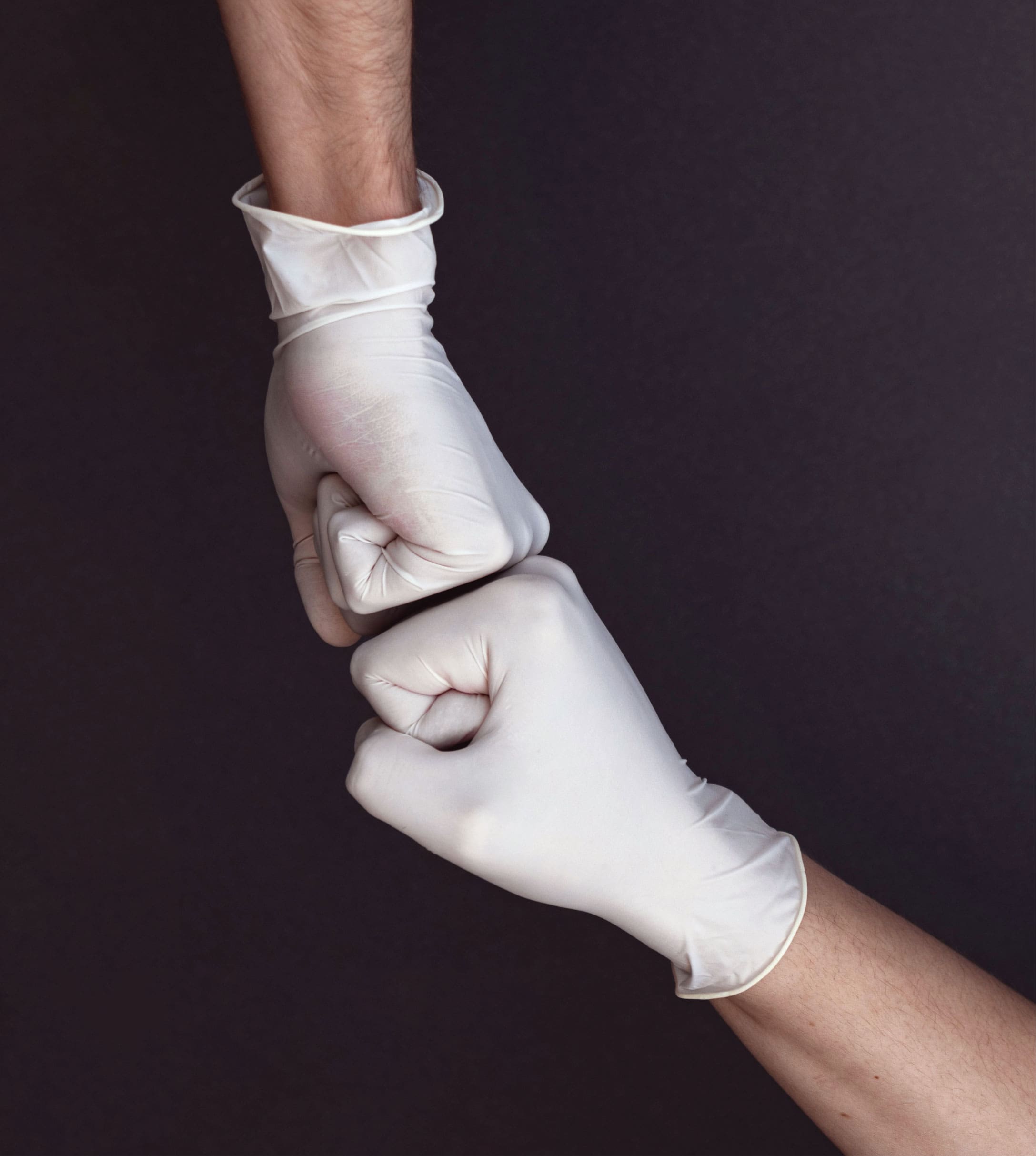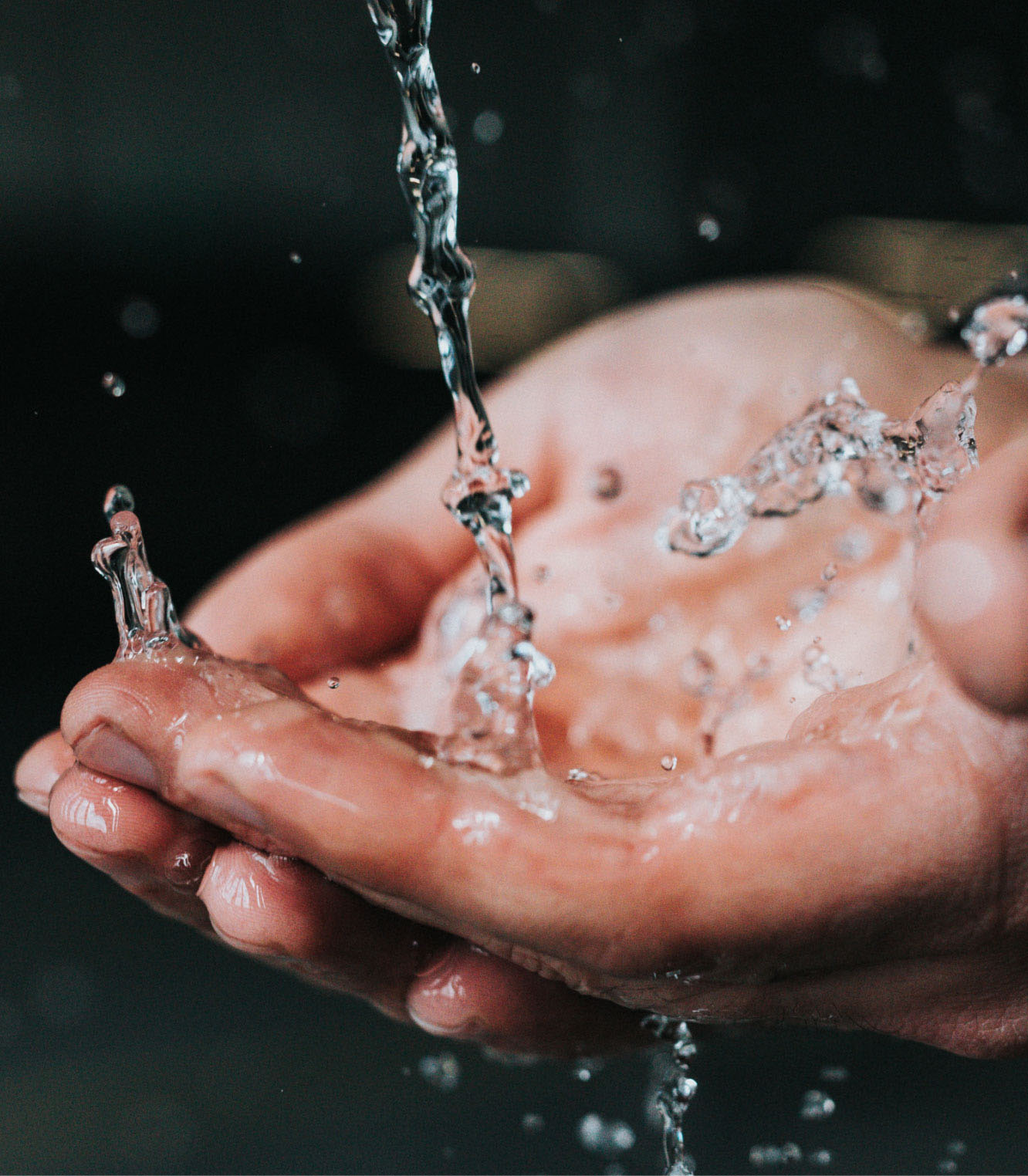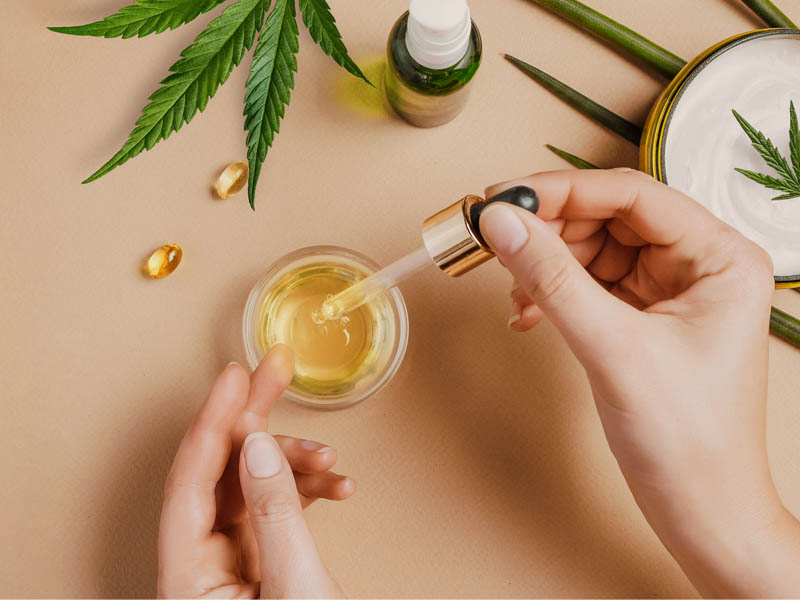COVID-19: The Impact on Meanings
Christina Philpott, Senior Strategist

Strategic Insight - Health & Wellness
This is a very difficult time. A few months ago it was fairly unthinkable that most of us would be confined to our homes, distancing ourselves from people, with some of us so panicked we feel the need to stockpile food and supplies in preparation for the worst.
As the Precipice studio found itself transitioning from a physical hive to a spread-out web, we’ve been gathering our thoughts on what this global crisis will impact in the long term. How will it affect consumerism and humanity going forward? How will the significance and meaning of products and services change?

Greetings: the end of handshakes?
Limitations to physical contact have seen elbow bumps, foot shakes and prayer hands replacing common handshakes, hugs and cheek kisses. In the Western business world the handshake has proven a difficult habit to break, as demonstrated by the Dutch Prime Minister.
As well as being potentially intimidating, handshakes can be really awkward. Anticipating the appropriate greeting exchange upon meeting someone can fill some people with dread. Whilst studying Design at University, we would often discussed solutions that would fix the experience. Particularly if you’re mixing with a diverse group of people from different backgrounds. Nothing ever felt slick or easy enough, there were always set backs that could lead to yet more potential embarrassment.
Given their inherent flaws, and the fact that we’re now breaking the habit of handing them out, will we ever see the handshake return? Particularly as the business world grows more and more virtual, nods to camera, smiles, bows and waves may become the new appropriate and acceptable greeting, even when face-to-face.
Skincare: defending ourselves from disease
Frequently washing our hands to the tune of ‘Happy Birthday’ twice, the first chorus of a favourite song or another 20-second-long melody is becoming common place. The sudden urge to continually clean our hands has led to a 255% increase in hand sanitizer sales from this time last year and hand soap disappearing from shelves due to unprecedented demand.
We’ve come to demonise our hands as a major pathway for pathogens and the root cause of disease spreading. In some cases we even seem to be punishing our hands through excessive washing and use of alcohol gels, both of which dry out the skin, and lead to cracked and sore hands. The irony is that without proper moisturisation, this actually makes our skin more susceptible to infection.
At Recipe, we know from our work in skincare that healthy skin is maintained with gentle cleansing and good quality moisturisation. In order for the skin to function optimally – i.e. being a barrier to dirt, pathogens and pollution – we need to support its natural processes as much as possible.
On the market today, current skincare offerings can filter blue light for better sleep (Chantecaille Blue Light protection) and visibly buff away dead skin and pollutants (The Body Shop Drops of Youth™ Peel).
We imagine in the months and years to come, skincare products will feature targeted ingredients and actions to promote immunity and prevent disease. Beyond anti-bacterial gels that last on the skin, what can be done to strengthen the skin against contagious pathogens? How can our skin be reframed as the active defender of our bodies?

This article was first published in April 2020
Related
Kohler
What bold can be in the bathroom
Creating structure and language for global design expression

